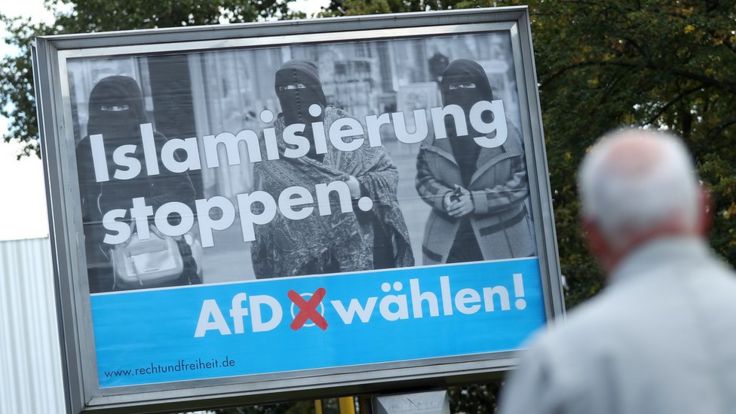By: Karina Johnson
Impunity Watch Reporter, North America
PUEBLA, Mexico — On Sunday, September 17, thousands marched in the streets of Mexico City and Puebla after the body of Mara Fernanda Castilla—a 19-year-old university student gone missing the week before—was found.

Mara had gone missing on September 8, after hailing a driver from a popular ride-sharing app called Cabify; she got in the vehicle and the driver drove to her home. Security footage showed that the driver idled in front of her house, ended the ride, and drove away, but Mara never got out of the car.
Her body was found a week later in a ditch near a motel. She had been raped and strangled.
The Cabify driver has been arrested for deprivation of liberty and murder.
Sunday’s marches took place throughout the states of Mexico and Puebla, with people protesting a perceived disregard from the Mexican authorities toward femicides—killings of women and girls specifically due to their gender, usually accompanied with sexual violence. As per the Observatorio Ciudadano Nacional del Feminicidio, only 25% of reported murders are investigated as femicides.
According to Luis Ernesto Derbez, director of Universidad de la Américas Puebla (UDLAP), in an interview with Forbes Mexico, a lack of judicial infrastructure is one of the greatest problems in combating impunity in Mexico today. This means that less than 1% of reported crimes are seen through to their conclusion. The population ratio of judges to people is approximately 4.2 judges per every 100,000 people, while the international average is closer to 16.23 judges per 100,000 people. UDLAP has conducted a multi-year study called the Global Impunity Index (Índice Global de Impunidad), in which Mexico scored 4th highest impunity in the world.
Mara was a political science major at Universidad Popular Autónoma del Estado de Puebla. She is the 82nd victim of femicide in the state of Puebla this year.
For more information, please see:
Al-Jazeera – “Mexicans march against femicide after teen’s murder” – 18 September 2017
El País – “Mara no se fue, a Mara la mataron” – 18 September 2017
Forbes México – “México es el cuarto país con mayor impunidad en el mundo” – 28 August 2017



